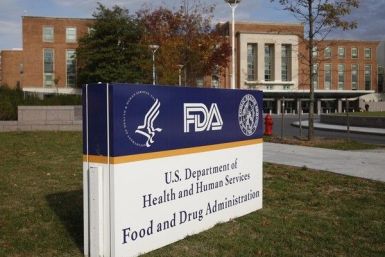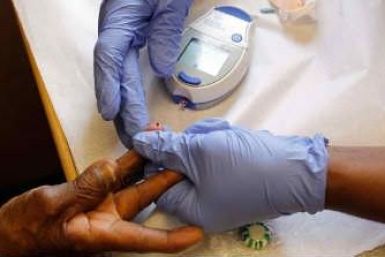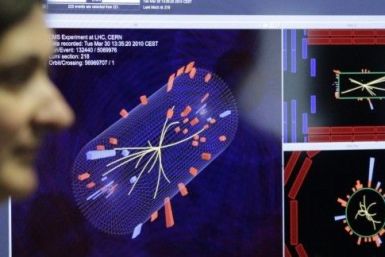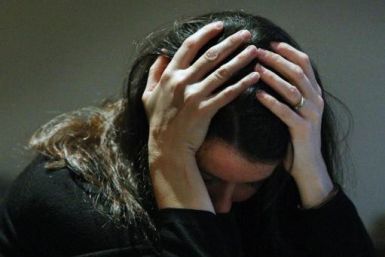With the reopening of clinic where a hyperbaric chamber exploded killing a woman and her grandson, the debate over the dependability of these medical devices has risen again. Hyperbaric Chambers, life-saving devices or killer machines?
Fitness guru Jack LaLanne breathed his last on Jan.23 at his California residence due to respiratory failure caused from pneumonia. He was 96.
Hospira Inc. decides to stop production of sodium theopental - one component of the combination widely used in lethal injections.
Former Vice President Dick Cheney said he might need to have heart transplant operation, given his history of cardiovascular problems.
Britain launched a public consultation Monday to help authorities decide whether people who donate eggs and sperm to fertility clinics should be paid cash compensation, and if so how much.
Scientists have found a protein that acts as a master switch to determine whether certain white blood cells will boost or dampen inflammation, a finding that may help the search for new drugs for rheumatoid arthritis.
How can you tell if someone is successful in a social life? Generally, advanced educations, high level of foreign language proficiency, and various experiences makes you an outstanding person. However, a great deal of evidence addresses that an attractive voice can be more important than above for one to have a successful social life.
U.S. health regulators are requesting a limit on the amount of acetaminophen in prescription pain medicines in an effort to curb the risk of liver damage.
British scientists have developed genetically modified (GM) chickens that cannot transmit bird flu infections -- a step that in future could reduce the risk of avian flu spreading and causing deadly epidemics in humans.
People with long-lasting depression may benefit from talk therapy when other treatment methods such as antidepressant drugs alone aren't working, suggests a new study. But the topic needs more research, the authors say - and they also point out that talk therapy isn't accessible or affordable for everyone.
Evidence strongly suggests that some chemicals, especially chemicals in cigarette smoke, might cause some cases of diabetes and obesity, U.S. government researchers said on Thursday.
Brisk walking regularly not only burn off calories, but will also lessen the diabetes risk provided you walk more, say Australian researchers. The researchers say 10,000 steps daily 5 days a week would be three times more protective in insulin sensitivity than 3,000 steps a day.
Chinese police have arrested 96 people for using melamine-tainted milk powder to produce dairy products, state media said on Thursday, the same chemical that killed several babies in a milk powder scandal in 2008.
British scientists have shown for the first time how our brain wiring develops in the first few months of life and say their findings will help in the understanding of a range of brain and psychiatric disorders.
Pork tainted with the highly toxic chemical dioxin may have been sold in Germany, authorities said on Wednesday.
The World Health Organization launched a plan on Wednesday to stop a form of drug-resistant malaria from spreading from Southeast Asia to Africa, where millions of lives could be at risk.
Spending just four hours a day working on a computer or watching television is likely to double the risk of heart disease and increase the possibility of premature deaths, according to a study.
A series of investigative articles in British Medical Journal conclusively prove that Dr Wakefield falsified data and there were irregularities and discrepancies in his study
Odd science claims made by various celebrities - about diets, cancer, reabsorbing sperm, hologram bracelets and more - make no scientific sense, according to a campaign group.
Who said investments in research don't pay off? Scientists from around the world are diligently working to make sure that the world's finest chocolate is better and more available.
Exposure to fluoride may lower children's intelligence, says a study pre-published in Environmental Health Perspectives, a publication of the National Institute of Environmental Health Sciences. Fluoride is added to 70 percent of U.S. public drinking water supplies.
An international research team has sequenced the genome of the woodland strawberry, opening the door for breeding tastier, hardier varieties of the berry and other crops in its family. Separately, another team sequenced the DNA of a variety of Theobroma cacao, a tree considered to produce the world's finest chocolate.
In 2011, journal Science's editors will be watching a smaller detector at the Large Hadron Collider called LHCb; new techniques that should lead to the discovery of many more genes; an ignited fusion burn; the first plug-in hybrid electric cars whose batteries are charged from a wall socket go on the market; and and results from a late-stage trial of a malaria vaccine in Africa.
The world's first 'quantum machine', a device that jiggled in ways explicable only by the weird rules of quantum mechanics, has been recognized as the 2010 breakthrough of the year, Science journal said. Constructing a synthetic genome, sequencing of the Neanderthal genome and unequivocal success of two HIV prevention trials were among the other nine groundbreaking achievements of the year, the magazine said.
Cold plasmas could be a safe and better alternative to antibiotics to treat chronic wound infections where other approaches fail, researchers say.
A recent study shows that incorporating almonds into your diet can help treat and possibly prevent type 2 diabetes, as well as cardiovascular disease.
Robots could assist doctors and nurses with monitoring patients, boosting efficiency.
Researchers from Australia are using data mining techniques to treat and prevent depression.
From hotel-style room service to massage therapy to magnificent views, hospitals are increasingly advertise their luxury services in a bid to gain market share, particularly those in competitive urban markets.
Yearly global emissions of anaesthetic agents can be compared with that of carbon dioxide emissions from one million cars or one coal-fired power plant, says a study.




































